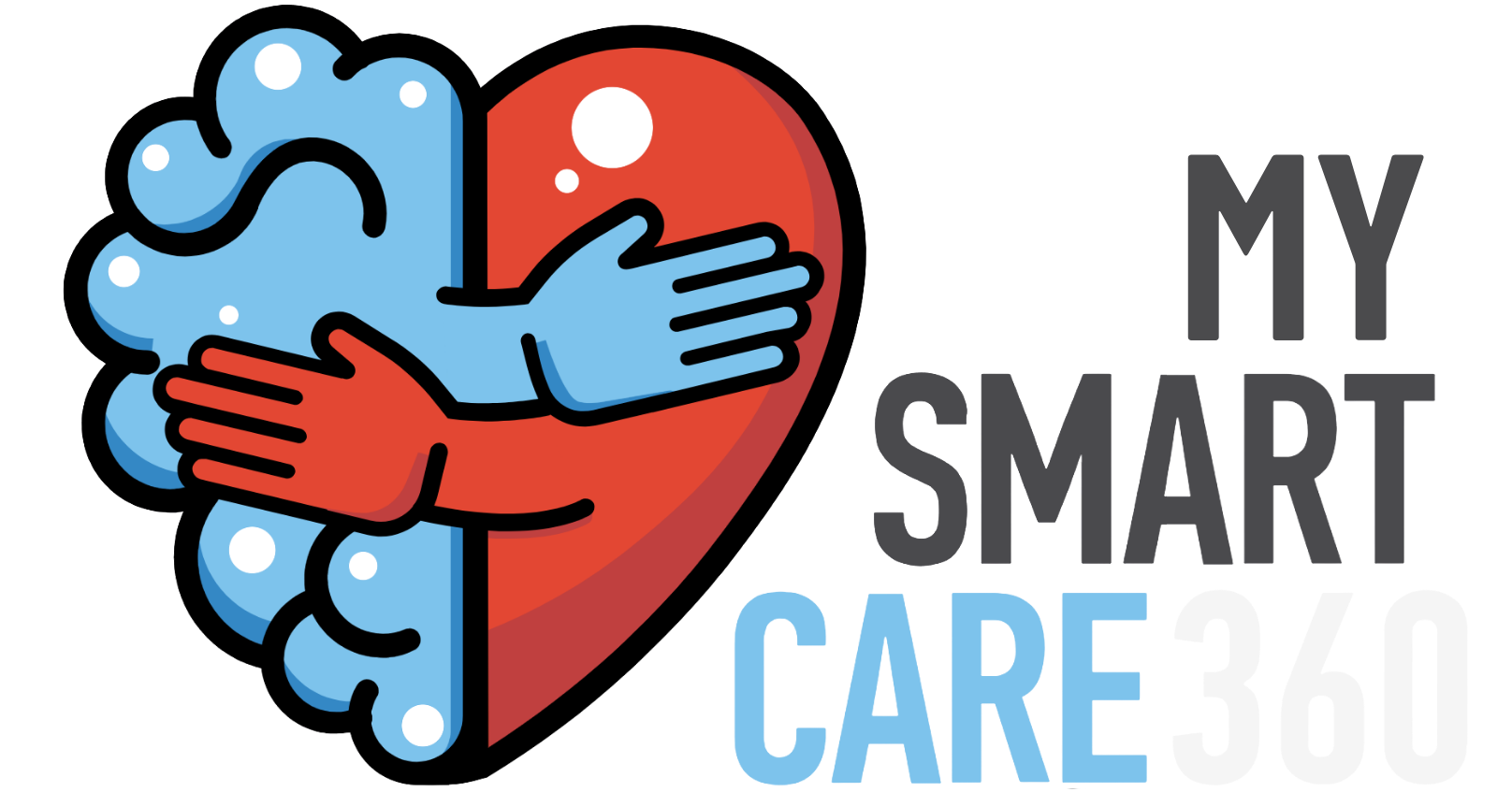








- Behavioral & Psychological Therapy
- Behavioral & Self-Management Tools
- Educational Resources
- Health & Technology
- Mental Health
- Neurology
- Pain Education & Management
- Pain Management & Treatment
- Personalized Exercise Program
- Personalized Health Plans
- Physical & Mental Wellness
- Remote Care & Virtual Visits
- Telehealth & Remote Care
- Telemedicine & Remote Monitoring





